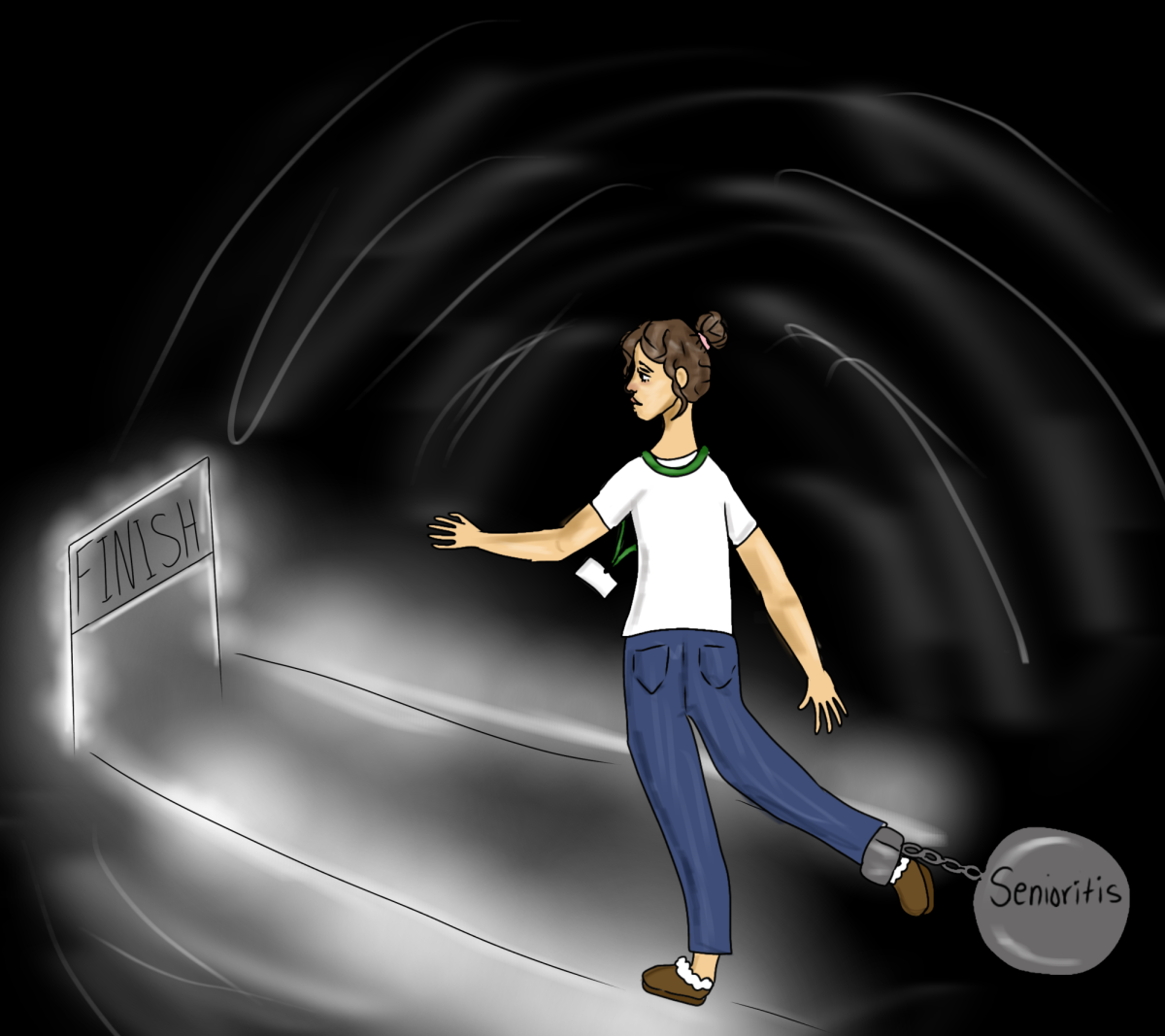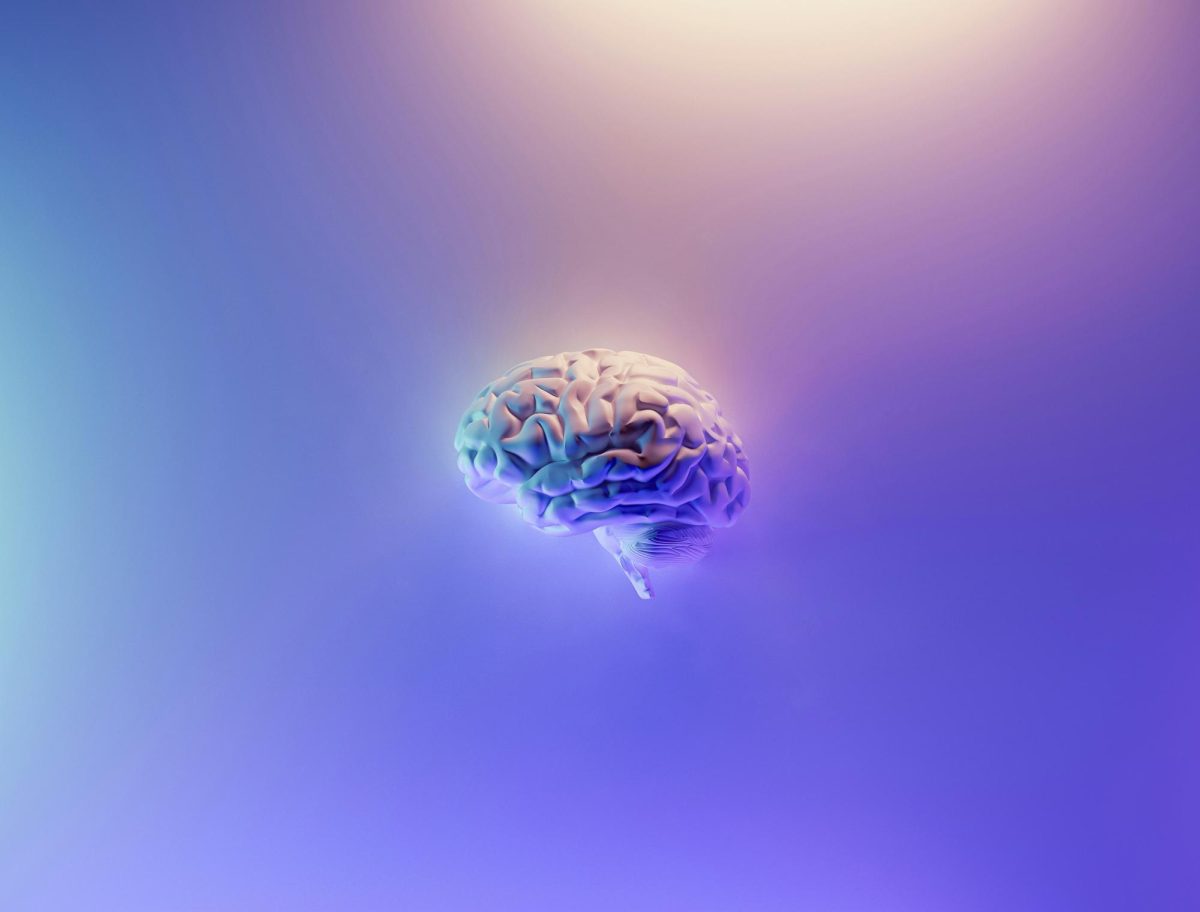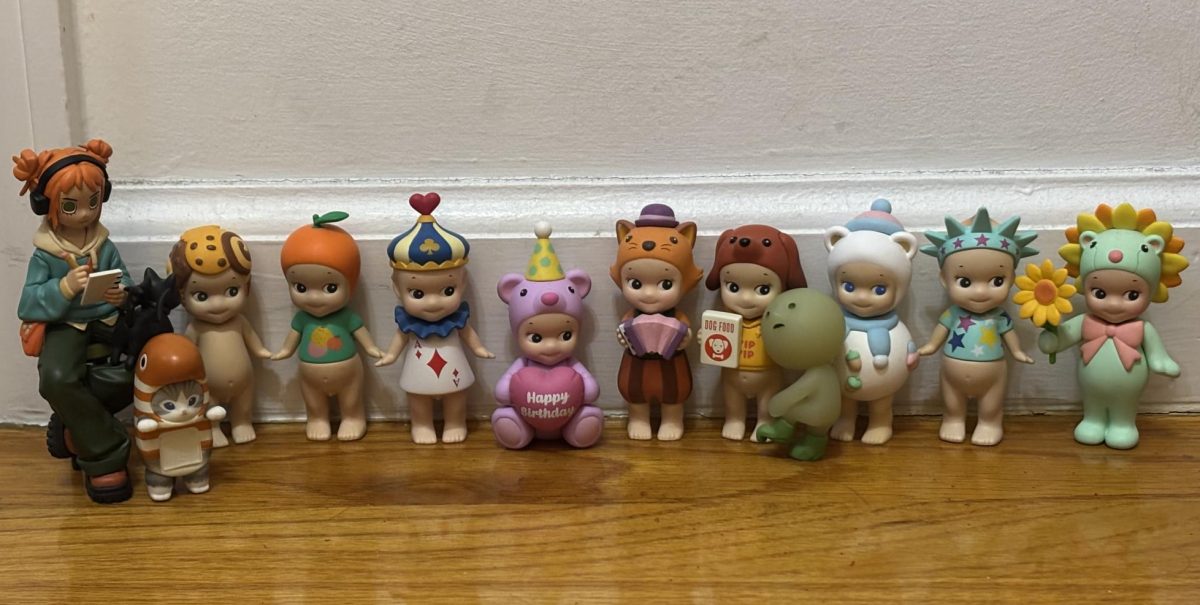The uncomfortable topic of puberty is something that is not commonly talked about. Maybe once or twice when in middle school, or at the end of elementary school, a discussion happens with adolescents about puberty. The typical age range for the puberty process to occur is between 9-13 years old. However, studies are showing that puberty is beginning to start at an earlier age. Puberty is a mentally taxing process in itself, so there can be negative effects to it starting even earlier. Sophomore Madison Benedict agreed, “Puberty is definitely starting at a younger age, and it can have a big negative effect on kids.”
“Precocious puberty,” or early puberty, is when children begin to develop at an early age, younger than the normal age range. This would be for people under the ages of eight or nine. According to the National Institute of Health, early puberty cases have increased more during the Covid-19 pandemic; however, there is still not a certain cause. With children starting the puberty process earlier, more are now being recognized in this category. Parents who are not expecting their child to go through puberty might brush off body changes as “baby fat,” or they may just discount their child’s mood swings as him/her being overly emotional. Many are not aware of what precocious puberty is, and even though there is a smaller percentage of such cases, the numbers are slowly rising.
According to the Boston Children Hospital’s website (childrenshospital.org), there are two different types of precocious puberty: central precocious puberty and peripheral precocious puberty. Central precocious puberty is the most common and affects more girls than boys. Boston Children Hospital claims that “it is triggered by the premature secretion of gonadotropins from the brain.” Gonadotropin is a group of hormones, of any kind, secreted by the pituitary gland. These hormones would then stimulate activity of the gonads, or the reproductive organs. Unlike central precocious puberty, peripheral precocious puberty is not caused by the release of gonadotropin hormones, but by the production of estrogen and androgen hormones from other parts of the body that are not from the gonads.
Medical research done by Dr. Marcia Herman-Giddens in the mid-1990s had shown that more than 17,000 girls were showing the first signs of puberty around age ten. According to an article entitled “Puberty Starts Earlier than It Used to. No One Knows Why” from The New York Times, “Studies in the decades since [Dr. Herman-Giddens’ research] have confirmed, in dozens of countries, that the age of puberty in girls has dropped by about three months per decade since the 1970s. A similar pattern, though less extreme, has been observed in boys.” The number of children who are undergoing puberty at an earlier age is increasing, and it is still unclear as to why this is happening. According to the Mayo Clinic (mayoclinic.org), possible causes could be genetics, diet, obesity, abnormal weight, and/or even an exposure to certain chemicals. Rarely, tumors in the ovaries, adrenal glands, or brain, or even problems in the central nervous system can also be a contributing factor to precocious puberty. This is because the brain could send out early signals to secrete hormones.
On the subject of puberty, health teacher Jennifer Kramer said, “Whenever the body goes through a physical change, it can impact our mental health as well. It is essential that we talk to young people about puberty so that whenever the changes happen to them, they are not scared or taken by surprise.” According to the Mentally Healthy Schools website (mentallyhealthyschools.org), young people who go through early puberty are at a higher risk for mental health issues that are seen during teenage years. This includes things like anxiety, depression, eating disorders, self-harm, and even conduct disorder (displaying antisocial or aggressive behaviors that are seen in children and teenagers). Sophomore Kami Ramirez said, “I have family members who are starting to go through the process now who were younger than me, and I started young. I definitely felt self-conscious.”
With early puberty, children can feel stress about their bodies and become very critical of themselves during a time of change. Children might feel like they do not fit in with their peers, and they may feel different socially and emotionally. It is important to speak and to educate young children about puberty and about how it is a natural process that everyone goes through at different ages. Early puberty is something that is not often discussed, yet there is an uprise in such cases. Therefore, it is important to be informed and educated about the causes and the effects.




































